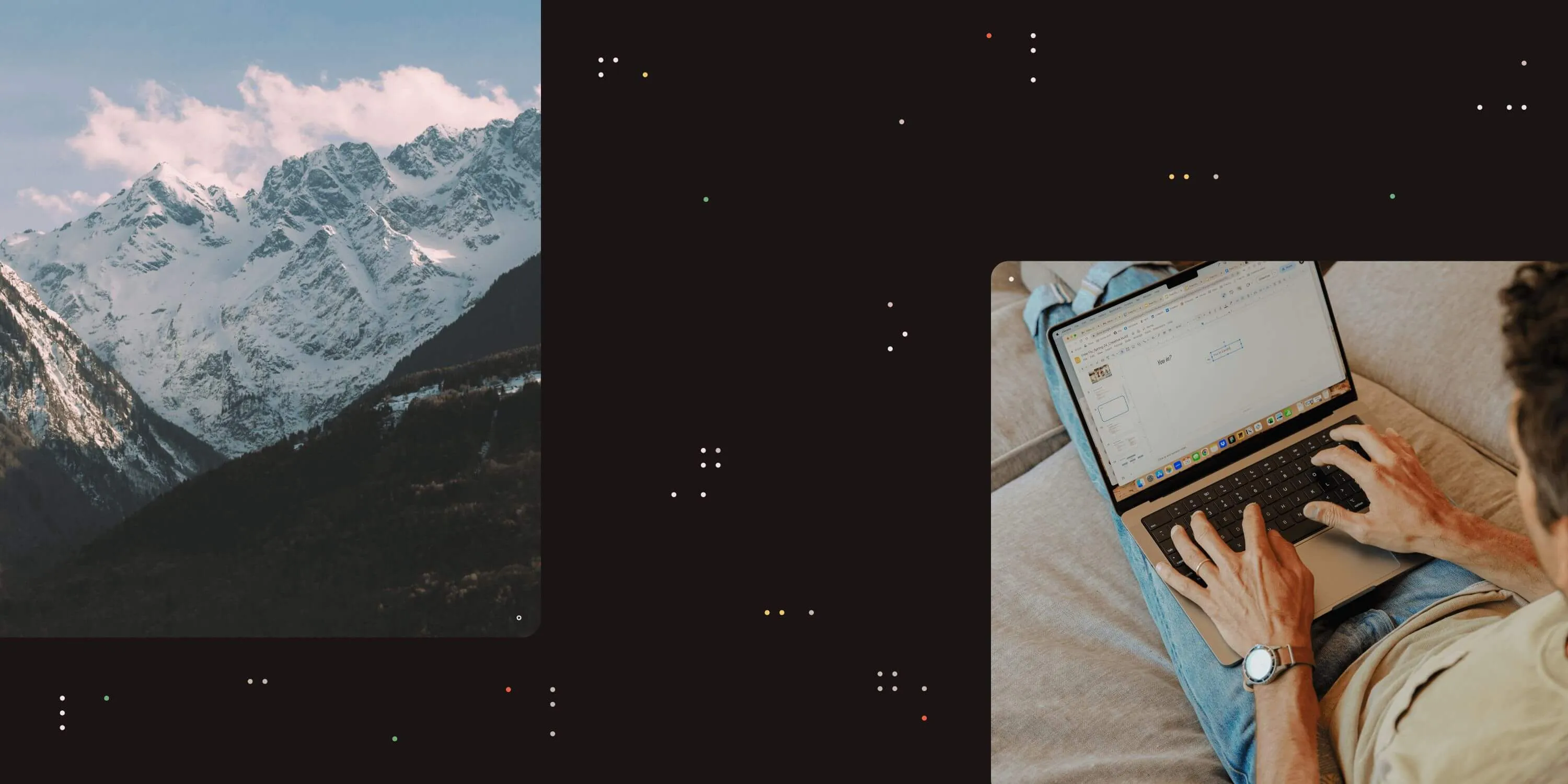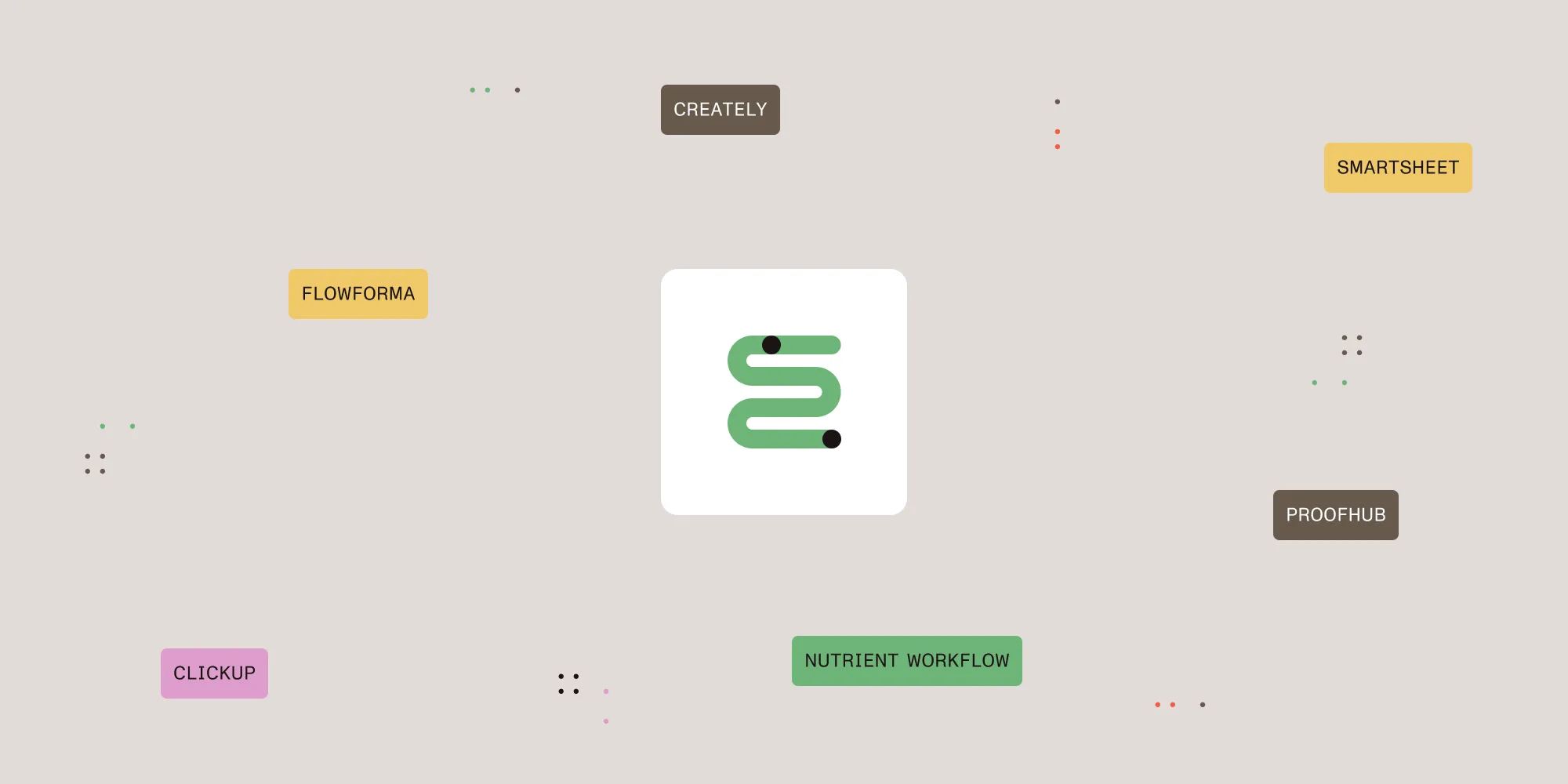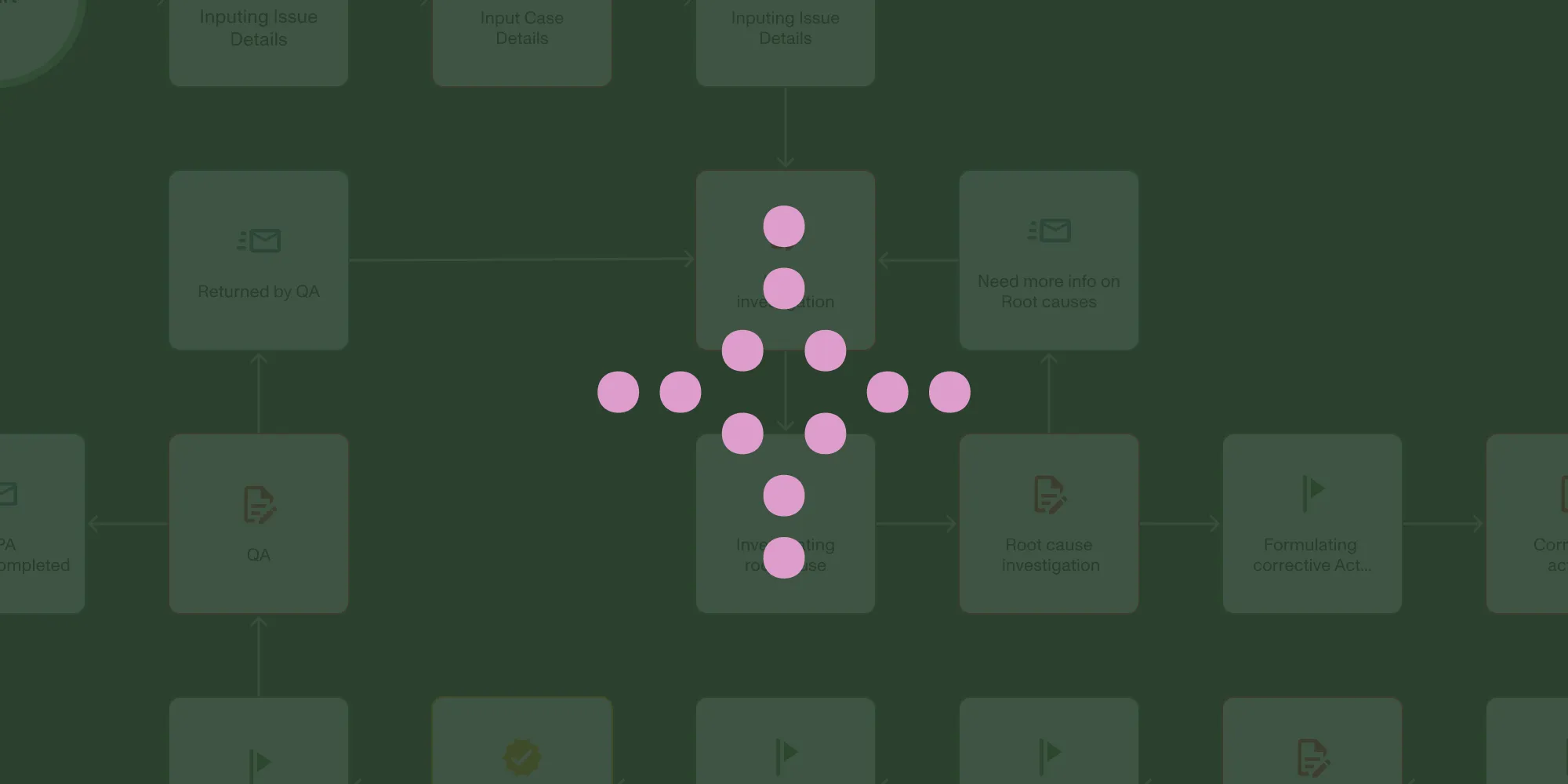How to Deal With Disruptions
Table of contents

When you’re in the zone, powering through tasks and getting things done, the last thing you want is to get interrupted.
Related
- How to Stay Focused
- You Should Time Your Work Based on Your Energy Cycle
- Why What You Listen to at Work Can Make You More Productive
Unless you work in a completely distraction-free environment (which, let’s be real, doesn’t actually exist), chances are, you’re going to face at least one or two disruptions during the day. And when it comes to your work getting disrupted, there’s good news and there’s bad news.
The good news? “We found about 82 percent of all interrupted work is resumed on the same day,” said Gloria Mark, a Professor in the Department of Informatics at the University of California Irvine headed a study on how interruptions impact productivity(opens in a new tab) in an interview with Fast Company(opens in a new tab). So, even if you do get disrupted, the vast majority of the time, you’ll get back to work before you call it a day.
And now for the bad news. “ It takes an average of 23 minutes and 15 seconds to get back to the task ,” said Mark. Or, in other words, when those disruptions happen, it can take a good chunk of time to regain your previous level of focus, attention, and concentration—which can make your workday less productive overall.
So, the question is—if disruptions are inevitable, how can you deal with them in a way that minimizes their impact and maximizes your productivity throughout the day?
Minimize unnecessary disruptions
As mentioned, a certain level of disruption is unavoidable—but that doesn’t mean that all disruptions are unavoidable. So, if you want to keep productivity high before you figure out how to deal with disruptions at work, spend some time figuring out how to minimize those disruptions.
If there are any disruptions or distractions that you deal with throughout the day that are unnecessary or avoidable, take them out of the equation. For example, if you find yourself getting distracted by text messages or social media notifications, turn your phone on “do not disturb” mode while you’re working (or, better yet, put it in another room; a 2017 study from the University of Texas(opens in a new tab) found that having your smartphone near you—even if the phone is off—negatively impacts focus, performance, and cognitive functioning). If you have loud roommates or children—and the noise distracts you from work—get a pair of noise-canceling headphones. If email constantly pulls you away from your most important tasks, block off time on your calendar for answering emails every day (for example, for 30 minutes at the start of the day, 30 minutes after lunch, and 30 minutes before you sign off)—and let your coworkers, colleagues, and clients know that you won’t be checking emails outside of those blocks.
The point is, many disruptions are completely avoidable and unnecessary—and the more disruptions you can eliminate from your day, the more productive you’ll be.
Figure out when you’re most likely to face disruptions—and plan your day around them
If there are disruptions throughout your day that you can’t eliminate, you can still plan around them—and minimize their impact.
For example, if you’re a work-from-home parent and know that every day at 3 pm your kids want to sit down and talk about their school day, block that time off on your calendar every day so you don’t get into any projects that require a lot of focus, time, and attention at 2:45 pm. If you know that your team tends to send a lot of questions, requests, and messages your way when they start their day at 9 am, you might get started at 8 am so you can get an hour of uninterrupted work time to tackle your most important tasks.
Again, disruption at work is, to a certain extent, unavoidable—but if you structure your day around any known and predictable disruptions, you can minimize their impact.
Go outside and take a walk
Some disruptions are both unavoidable and unexpected—and, as mentioned, when they happen, it can be hard to focus and get back to the task you were working on.
If you find yourself struggling to rebound after a disruption, one of the best ways to deal with the interruption and regain your focus? Go outside and go for a walk.
While taking more time away from work might seem counterproductive, taking a few minutes to get outside and walk can actually help you regain your focus and more effectively return to work; a 2018 study(opens in a new tab) found that taking a 15-minute walk in the park during their lunch hour improved participants’ concentration in the afternoon hours that followed.
So, if you get disrupted at work and are finding it challenging to dive back into your tasks, take a break and go for a walk; chances are, when you get back to your desk, you’ll find it much easier to focus and get things done.
Carve out a few minutes for meditation
Getting interrupted or disrupted at work can be stressful—and not only is the disruption itself a drain on your productivity, but the stress you experience as a result of the disruption can be just as productivity-draining.
If a disruption has you feeling stressed and overwhelmed, the best way to deal with it is to take a few minutes to get your stress under control. And the best way to do that? Meditation.
People who practice mindfulness meditation report feeling less stress, anxiety, and overwhelm(opens in a new tab)—so, if you’re feeling stressed, a few minutes of meditation can be enough to shift your feelings and get you in a better headspace. Plus, a recent study found(opens in a new tab) that mindfulness meditation actually lowers stress hormones in the body by about 15%—so, if a disruption at work put your body into a stressed state, meditation can help restore a sense of balance and calm (and help you get back to work in the process).
(New to meditation? Try the meditation apps Headspace(opens in a new tab) or Calm(opens in a new tab), which have plenty of guided meditations to help you get started.)
Don’t let disruptions disrupt your productivity
Disruptions are a part of work (and life!). But now that you know how to deal with them, you can still power through your projects, check tasks off your to-do list, and get things done—without disruptions draining your productivity.







